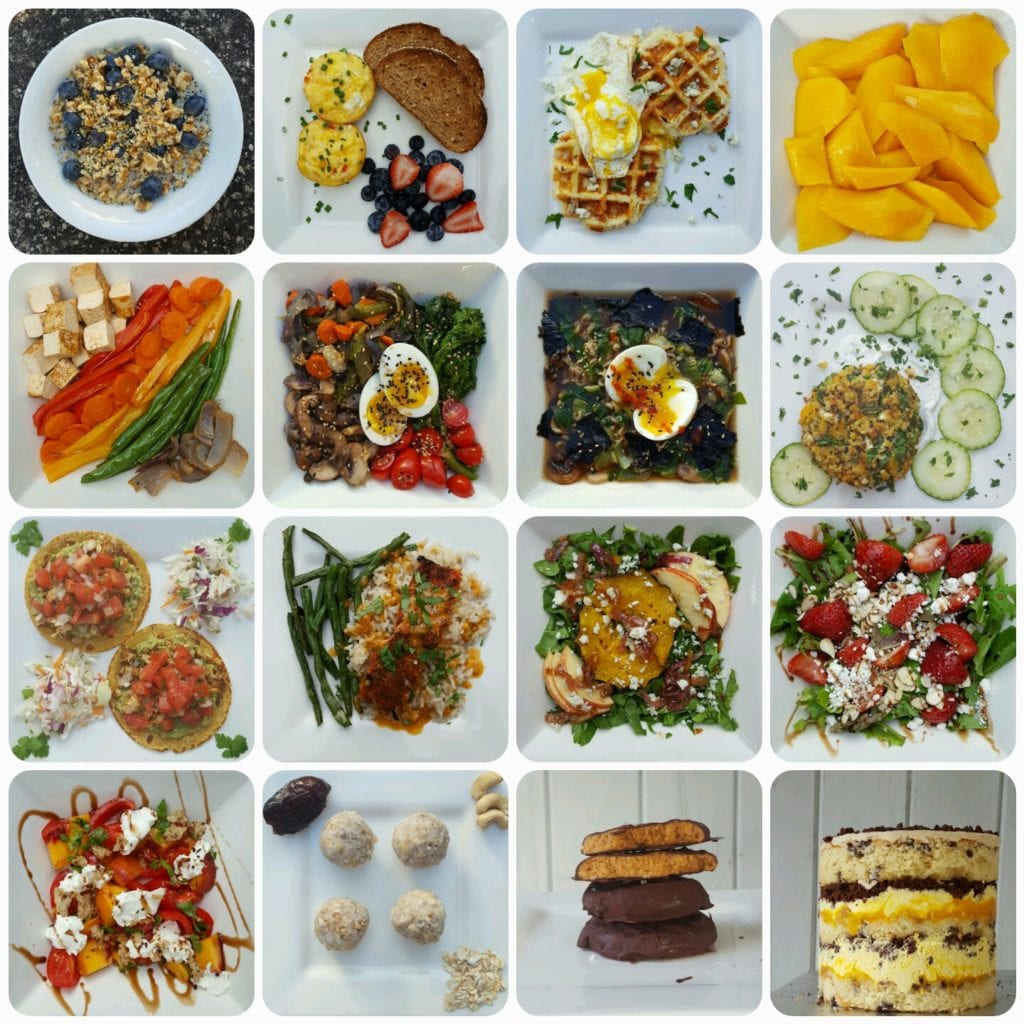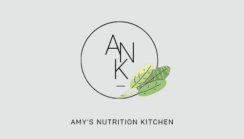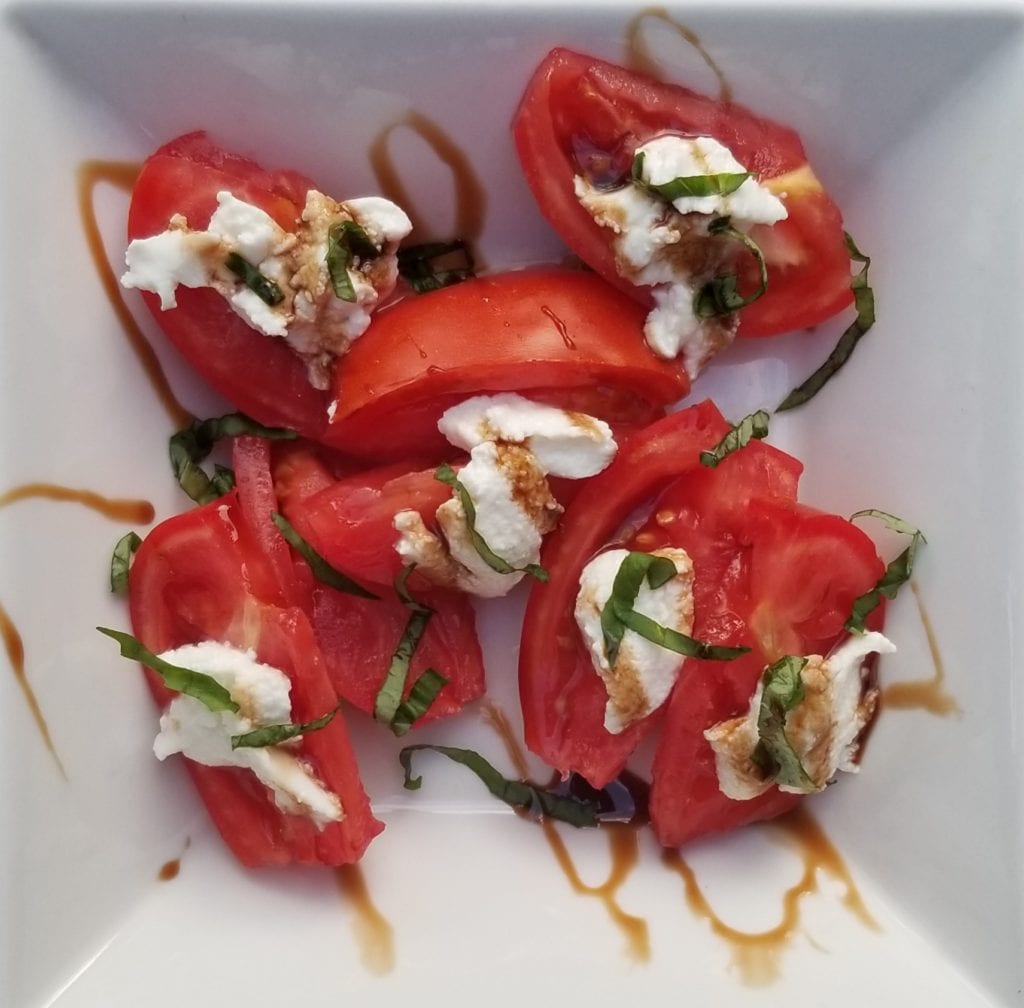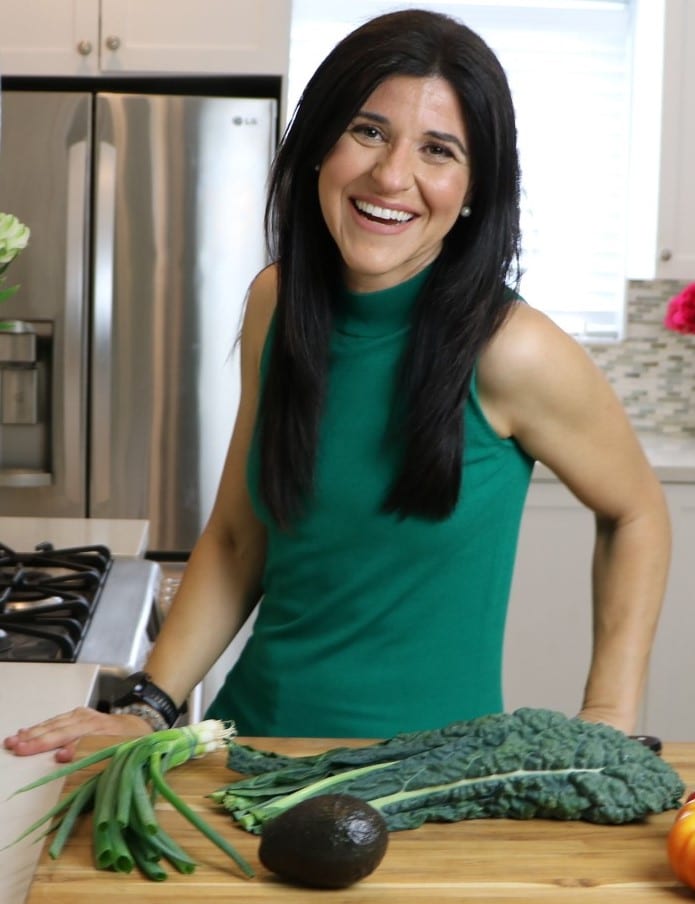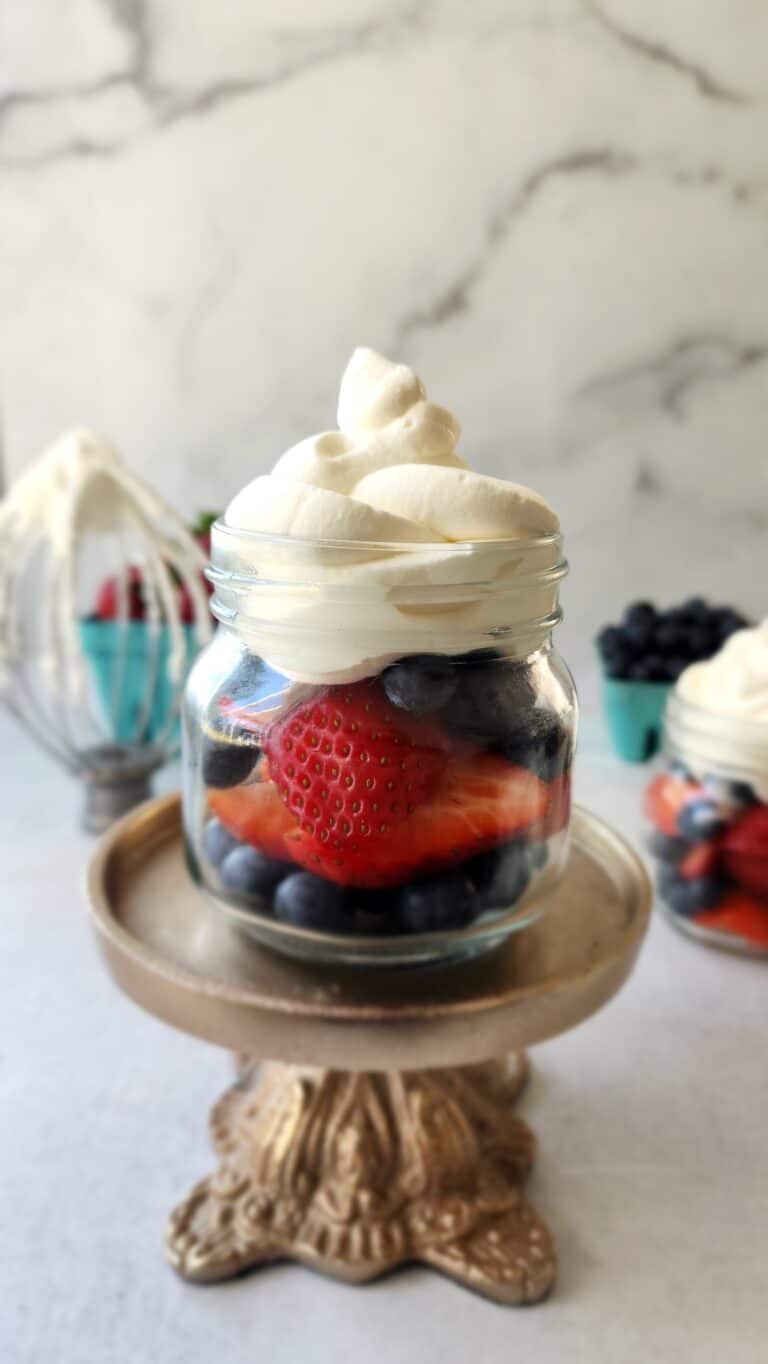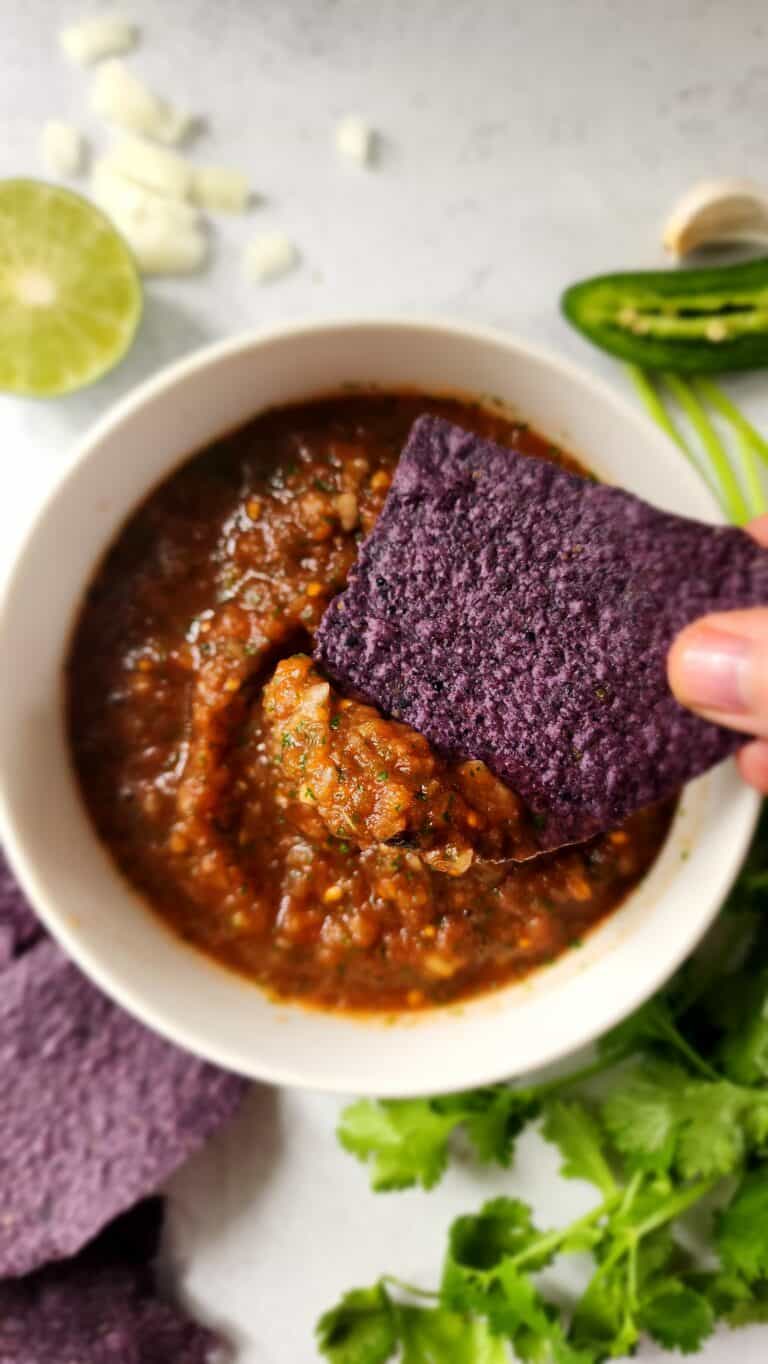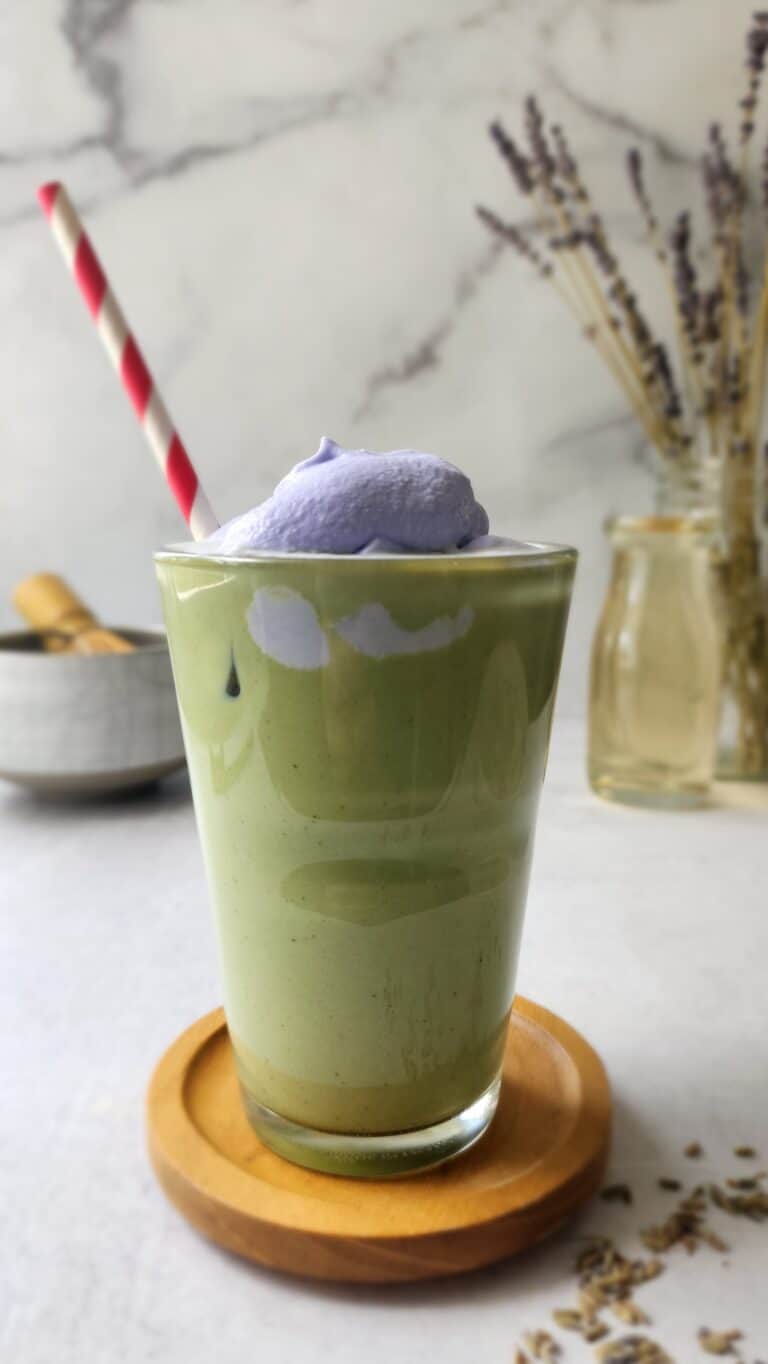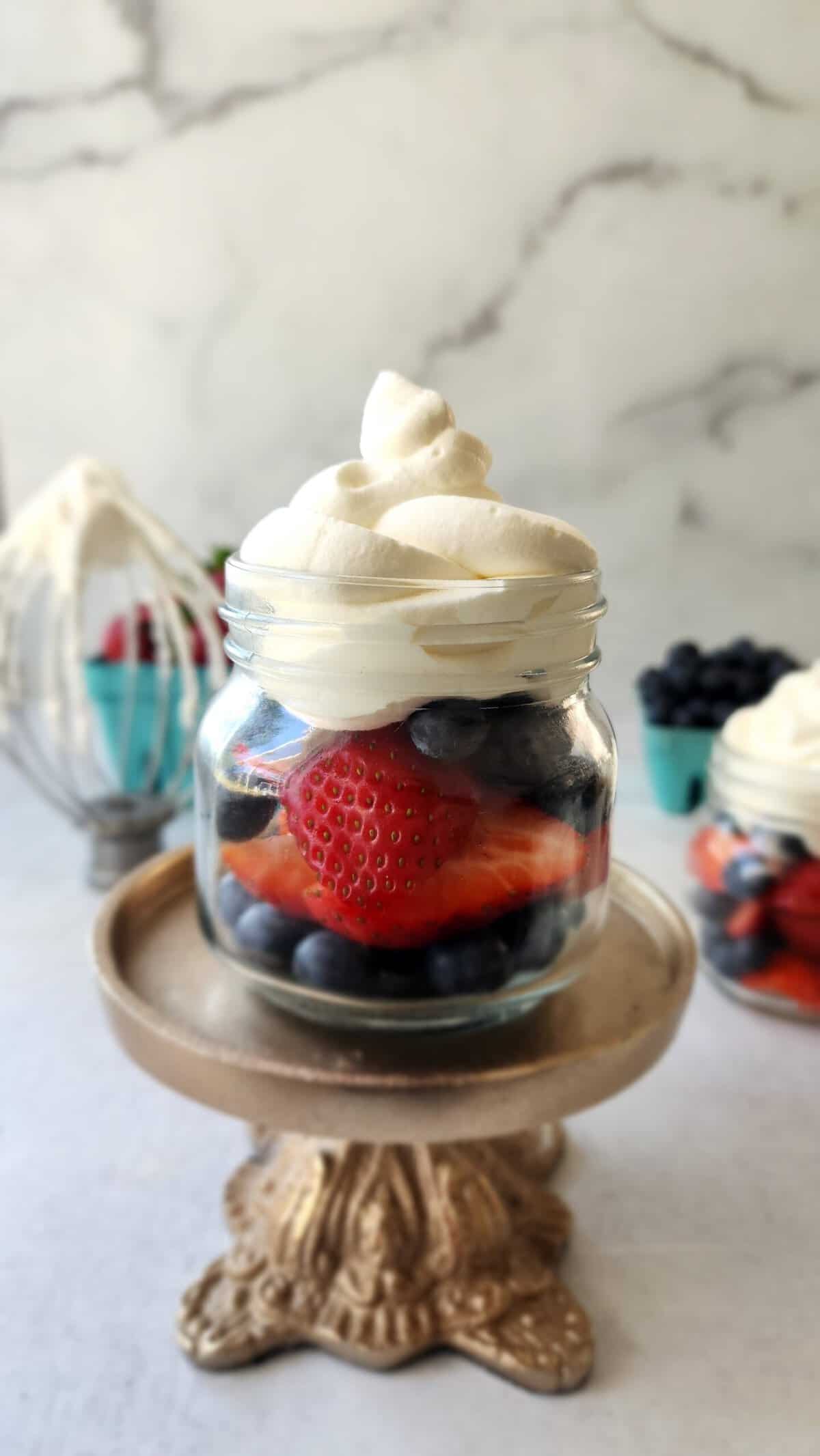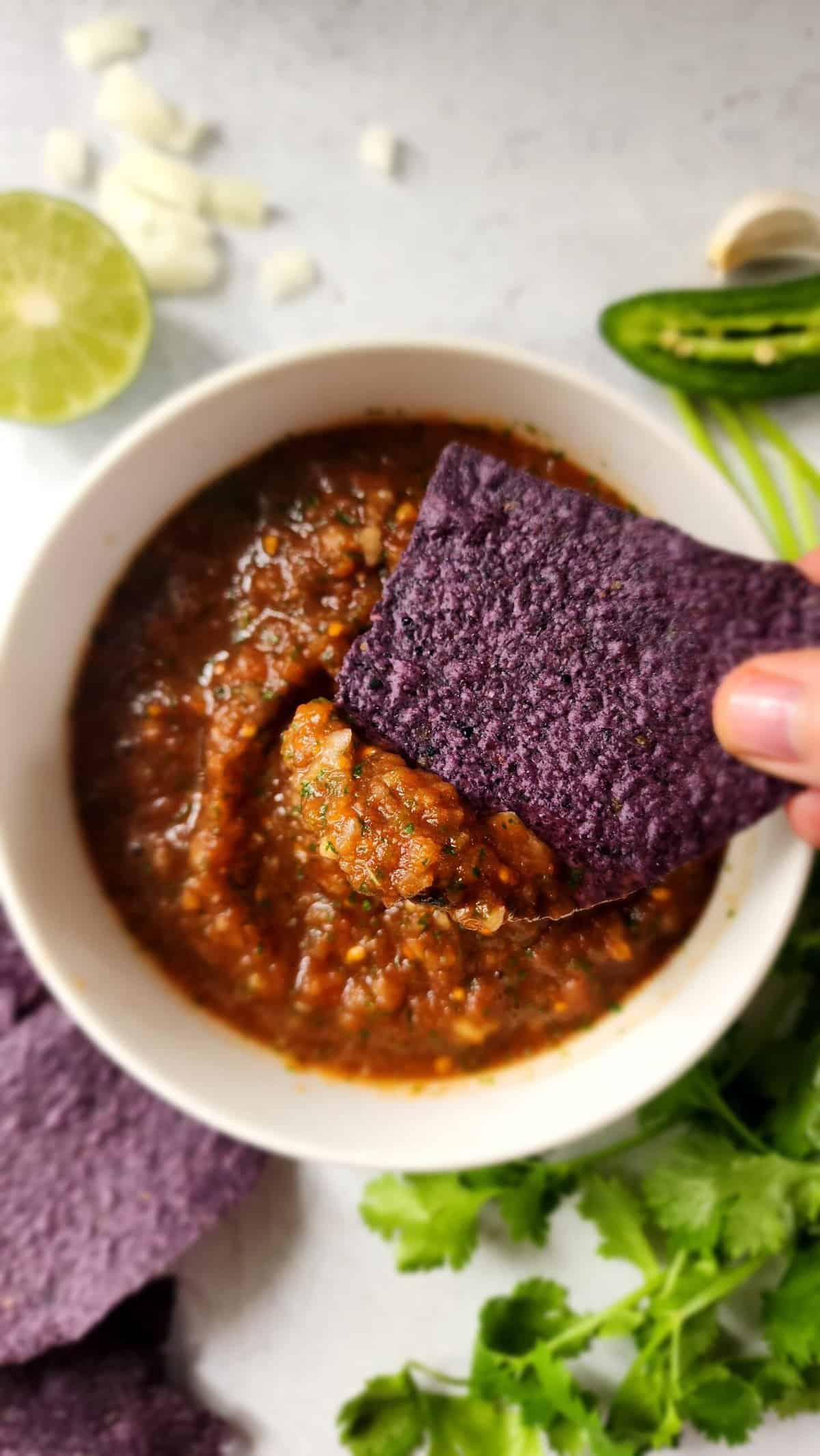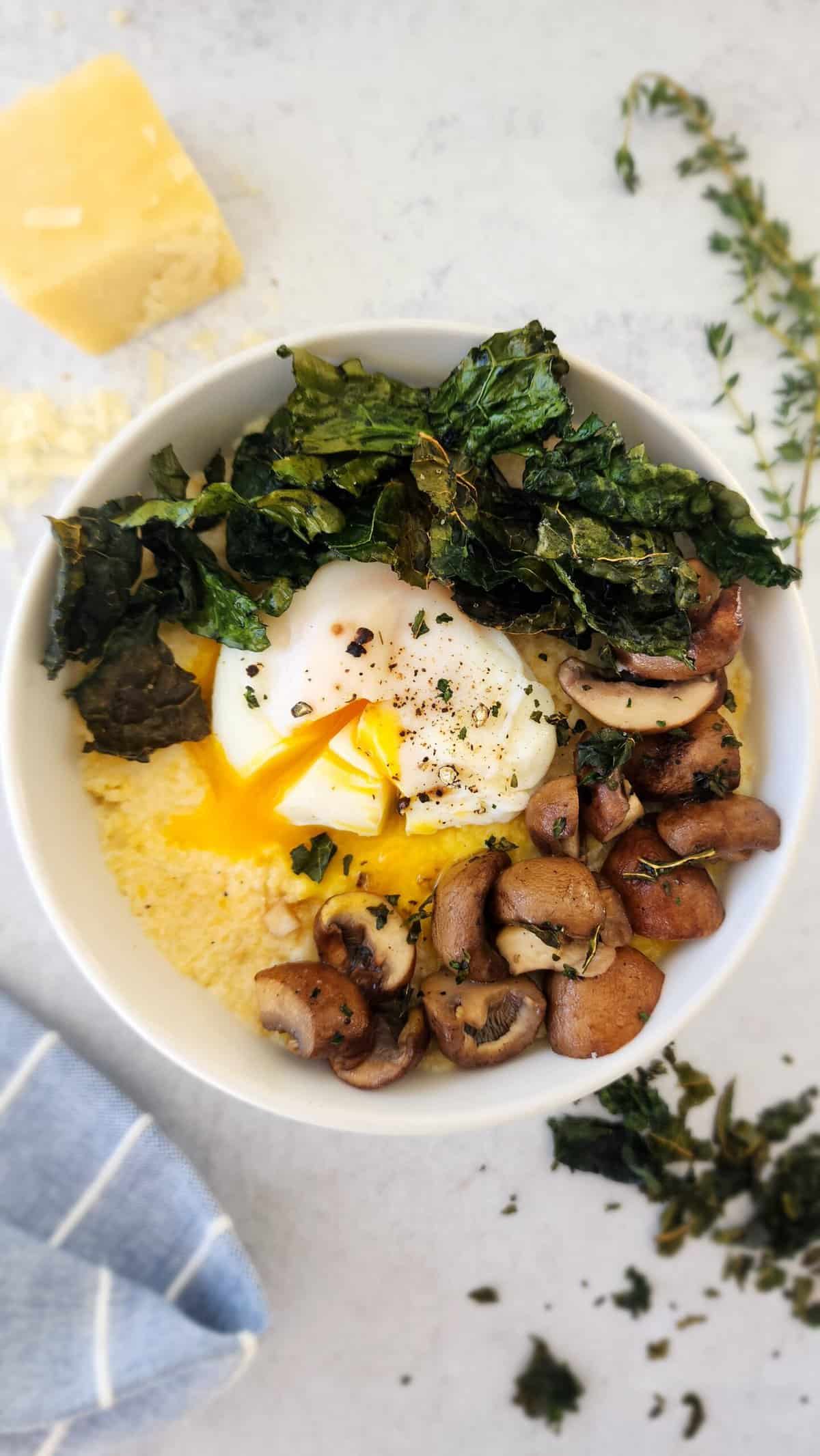We’re on the final day of National Nutrition Month and this past week my co-worker and I did a Facebook Live through our marketing department at work with Baptist Health South Florida. If you didn’t get a chance to watch it live you can watch it here at this link . And if you don’t have Facebook or don’t want to actually sit and watch for 40 some odd minutes, here’s a re-cap of what we discussed.
Nutrition topics are always trending. While March is National Nutrition Month, a month to raise awareness about nutrition, the truth is every day is National Nutrition Month for me as a dietitian. Just in the last two weeks alone I’ve been asked more about, “what’s the deal with eggs” and “Do I really need to listen to the ‘Dirty Dozen’ list after all? than I can count. Talk about misleading headlines and promoting fear not science when it comes to nutrition. Nutrition IS a science and while some of these make for good news stories in the moment, it ends up leading to confusion to the average person. Enter your reliable dietitian, me, to set the record straight.
Eggs. First they were on the outs for awhile and then with the updated Dietary Guidelines on cholesterol they were back in. But just this week a recent study has now brought back the confusion – or should it? This study provides NO justification to drop eggs from our diet. There has already been so much data published on this very topic, which overall shows low-to-moderate egg consumption (no more than one egg per day) is NOT associated with increased risk of heart attack or stroke.
Keep in mind just because a food has cholesterol doesn’t mean that it raises the blood cholesterol. Eggs for all those years kept getting the bad rap, when in reality it was the bacon, butter, and cheese – all the sources of saturated fat – that do in fact raise blood cholesterol. Eggs are inherently lean. And if eaten in moderation CAN in fact be a part of a healthy diet. And that’s the thing – it really does matter what else you’re eating. The best strategy is to focus on a well-rounded diet that includes a variety of foods such as fruits, vegetables, whole grains, nuts and seeds. And if you’re like me, with a family history of heart disease, even more reason to aim to cut back on overall total saturated fat, from all sources.
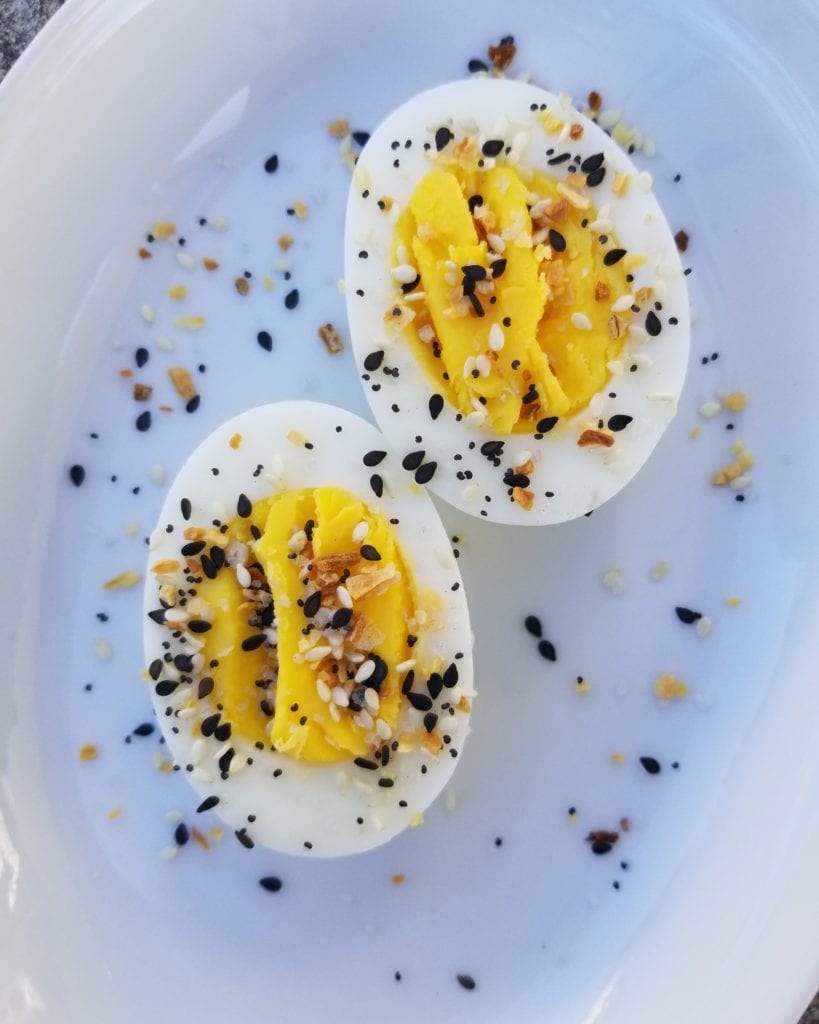
The term plant-based is trending. It has been for awhile. But the funny thing is plant-based eating is how we ALL should be eating. Regardless if it’s just now catching on, I’m excited to see people eating more plants.
Plant-based eating is an umbrella term that includes people that are vegan, so no animal products at all, but it also includes people that consume animal protein. So it doesn’t mean that all plant-based eaters are vegan. The key notion is that people are trying to consume less animal protein and therefore more veggies. I always bring people back to the portions that we’re eating when it comes to protein. We tend to overeat protein. And if we start to really make protein just a side dish instead of the main event, we’ll all be eating plant-based. Here’s a video to help you learn a little more.
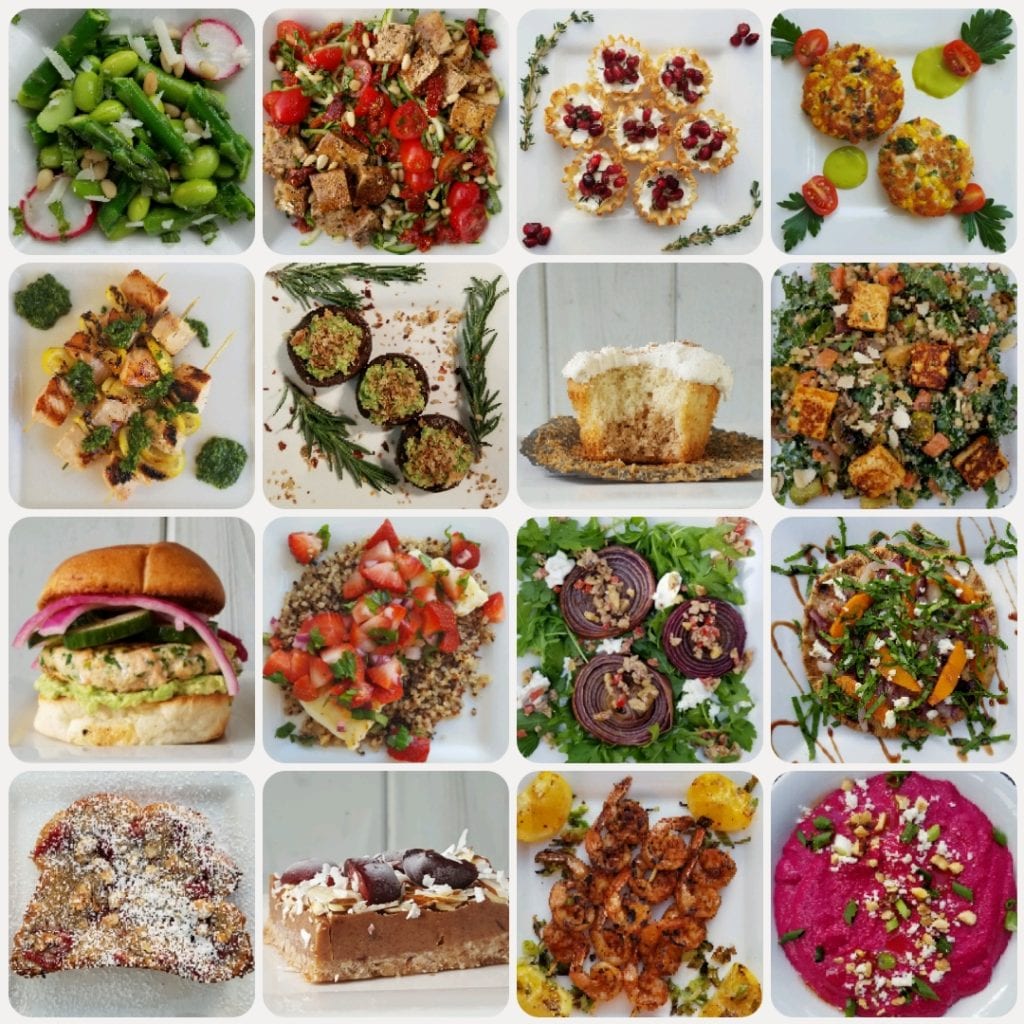

Juicing and Smoothies . If you’ve been reading my blog over the years, then you’re well aware of how I feel about Juicing and Smoothies . You can read about it and even watch a video – yes, I say “obliterate the blade” instead of “obliterate the fiber”, because yes, I’m just that passionate…I want you to eat and chew your food and get ALL the benefits of fiber.
But what’s been trending more recently is the use of honey, maple syrup, and agave instead of table sugar with the notion that it’s healthier. Um, wrong. Food bloggers all over social media are calling their recipes, “refined sugar free” or “naturally sweetened”. Hate to break it to ya, but sugar is sugar is sugar. So even if you used maple syrup it doesn’t make it any healthier. We need to start lessening the amount of ADDED sugar we’re taking in. And added sugar includes honey, maple syrup, agave, etc. – shoot, there’s over 50 different names for sugar. It doesn’t matter what you call it, your body doesn’t know the difference.
The recommendation for females is to have only 6 teaspoons of added sugar/day. Men, 9 teaspoons/day. And children, just 6 teaspoons. Sugary drinks are the best place to start with to identify where your added sugar might be. But then begin to look at bread, spaghetti sauce, yogurt, salad dressings, it’s added into almost everything. Soon the nutrition labels will help us to know how much is there, but until then, start reducing your consumption. Choose a plain yogurt and add in your own fruit. (work yourself down to a plain yogurt, in baby steps). Every little bit that we start to cut back with when it comes to sugar will help!
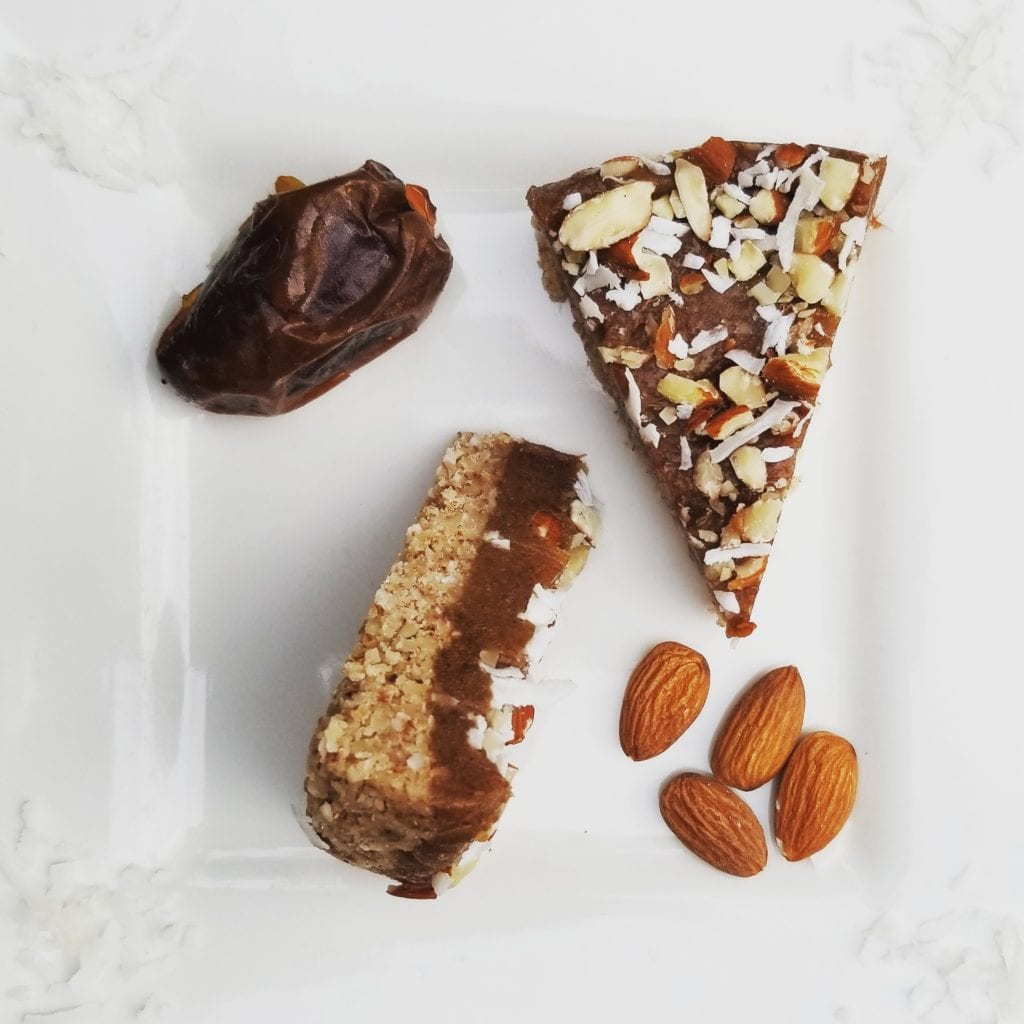

The EWG,Environmental Working Group, recently came out with a their “Dirty Dozen” list. The list ranks popular fruits and vegetables based on pesticide contamination. However, this list always creates controversy. Outside researchers (so people not working for the EWG) point out that overall pesticide chemical residues found on these fruits and vegetables are far below what has been scientifically deemed tolerable for human consumption, and according to federal safety standards they do not pose a health risk.
I want people to eat their fruits and vegetables. Lists like these create fear in people and if it’s thought that a strawberry might contain a pesticide, people might think of that before buying strawberries to eat and not buy them, which leads to less overall consumption of fruits and vegetables. And when asked if people should buy organic, just keep in mind that organic doesn’t mean pesticide free (in case you didn’t know). You should always wash your produce. Always. And the truth of the matter is that if you are concerned about residues on kale (or any fruit or veggie for that matter) you have to eat a lot more each day to see any health effects. Please eat your fruits and vegetables, conventional or organic, the benefits far outweigh what are perceived to be risks.
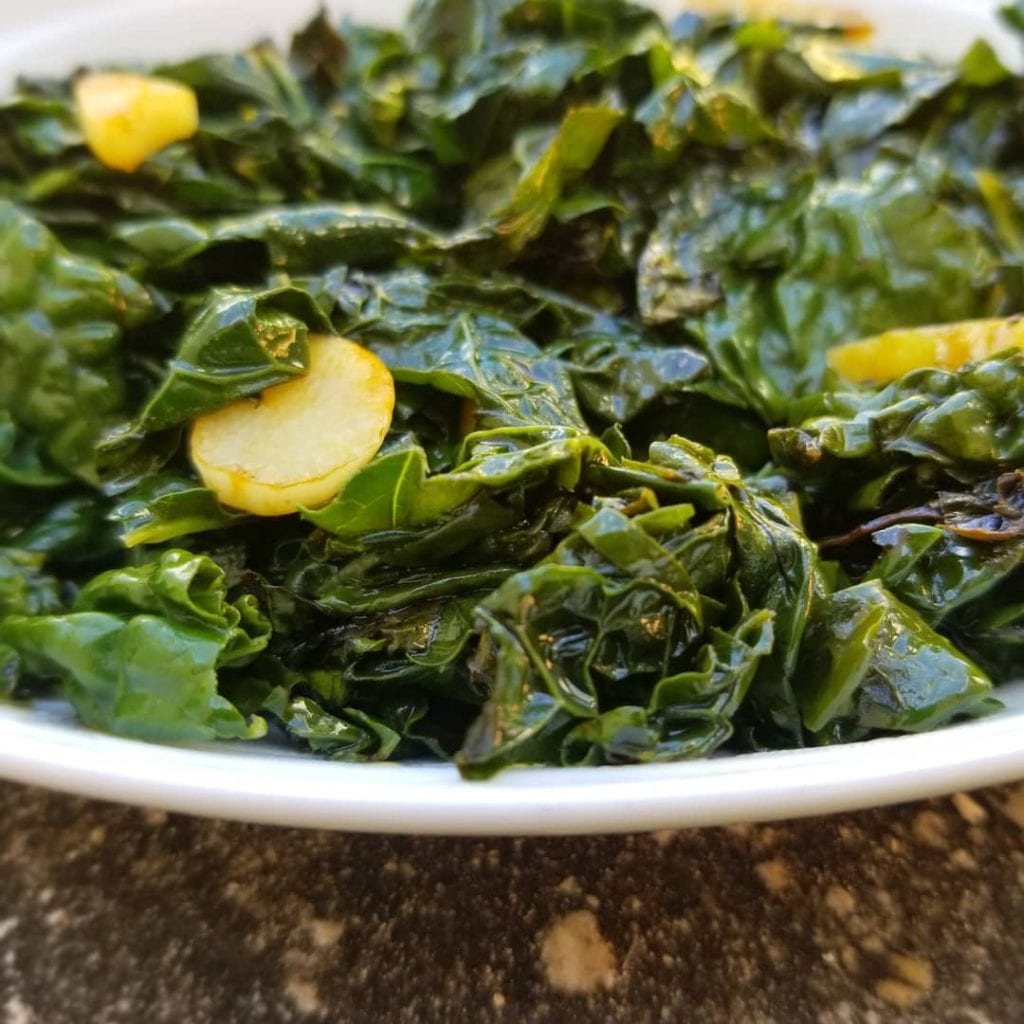

Oils. “Which oil should I use to cook with? Definitely a very common question that is asked. I’m here to say you need a variety of oils just like you need a variety of food that you eat. I typically use two main oils, extra-virgin olive oil and grapeseed oil (if you do have too many oils that you’re rotating through, oils can go rancid, meaning they can go bad – you will know by their taste. So you can rotate the oils you are using, just make sure you are using them). Those are my two go-to oils. But I also have peanut oil, safflower oil, and even coconut oil. I feel they each have a different job to do and I want to use the one that’s best suited to do the job. I typically use the olive oil for salad dressings and/or a drizzle after I’ve cooked my food. I default to using the grapeseed and/or safflower oil for sauteing and roasting.
The discussion that has come up as of recent is in regards to the oil’s smoke point. Every oil has a smoke point, it’s the temperature that causes oil to start smoking, which produces toxic fumes and harmful free radicals (the stuff we’re trying to avoid). Because of their chemical makeup, different oils have different smoke points. Extra-virgin olive oil is best used after you’ve cooked an item. It can be used to saute, however, just keep a close watch on the oil and make sure that it doesn’t get too hot. Grapeseed oil has a medium-smoke point, meaning it is a better oil to use for oven-cooking, baking, or stir-frying. I have the coconut on hand to use as I follow a lot of food bloggers. The coconut oil is used at times instead of butter in order to create a vegan item. Coconut oil has a lot of saturated fat, so keep that in mind when thinking of overall health components of oils. Coconut oil while coming from a plant does have the attributes of animal based products that have saturated fat – raises blood cholesterol and can increase risk of heart disease. Hopefully you weren’t thinking coconut oil was healthier – that trend has subsided, thankfully.
The truth of the matter is that all foods fit. Overall eating healthier is a journey for many people and at times can be confusing – case in point, that’s why this Facebook Live was done and the follow-up on my blog to help explain it just a little more. Start reflecting to see where you might be able to incorporate a healthier habit, i.e. drink 4 glasses of water/day, i.e. switch to plain yogurt and add your own fruit, all ways to help improve our overall health. Eating healthier doesn’t mean eating perfectly. Food should be fun, enjoyable, and most importantly taste good. I hope you’ve seen some positive messages over this National Nutrition Month. The message will continue throughout the year. It’s my job and I do love what I do. Thanks for being here and being a part of the community of my blog.
